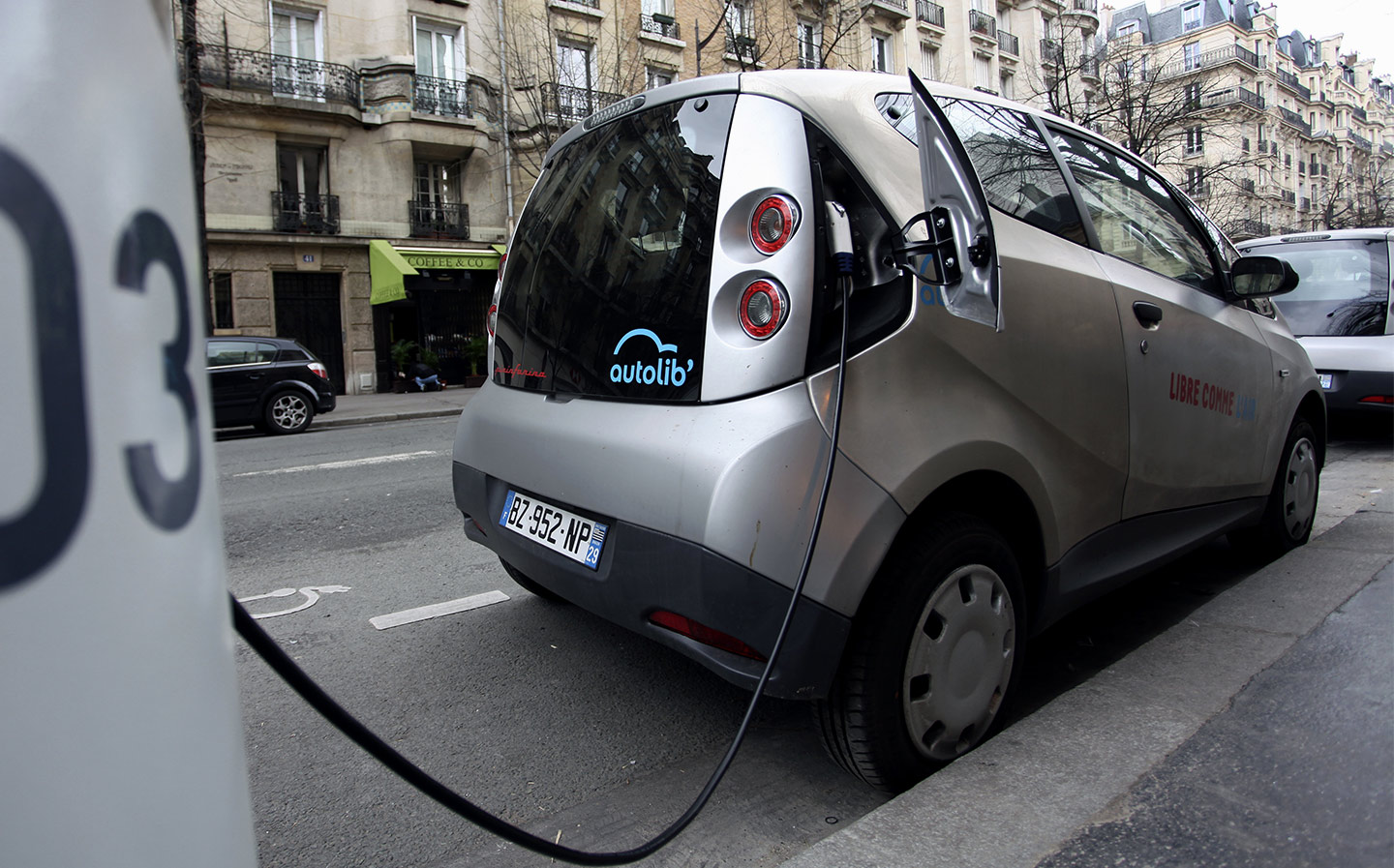France surges ahead of London as it pledges to ban diesel and petrol cars by 2040
Shift to electric cars to tackle air pollution
FRANCE has announced it will ban diesel and petrol cars from roads by 2040. The move is part of the nation’s commitment to the Paris climate deal, and an attempt to tackle air pollution and become carbon-neutral by 2050.
Details were announced by Nicolas Hulot, an environmental campaigner appointed to the position of ecology minister by Emmanuel Macron, the French President.
The strategy places further pressure on the British government to do more to address rising levels of air pollution in the UK. In June, London Mayor Sadiq Khan announced that drivers in the city could face Britain’s first pay-per-mile road charge, as proposals are considered to cut the level of harmful air pollution and congestion within the capital. It would replace the existing congestion charge scheme.
Drivers in the capital also face a “toxicity charge” (T-charge) from October 23 this year, which will mean owners of the most polluting vehicles pay £10 on top of the congestion charge to enter central London.
However, Britain has not announced a ban on cars powered solely by petrol and diesel.
Browse NEW or USED cars for sale
Other countries pushing ahead with plans to enforce the exclusive use of electric or hybrid cars include Norway and the Netherlands, which have set a deadline of 2025, and Germany and India, which have a target of 2030.
The plans announced by France include incentives to help some drivers make the switch from their existing car to an electric model. They do not say what will happen to the charging infrastructure or how the electricity supply will cope with demand and become carbon-neutral.
This week, Volvo announced that all its new models launched from 2019 would be pure-electric or hybrid.
Steve Gooding, director of the RAC Foundation and former director-general of roads at the Department for Transport, said the decision by France provided drivers with clarity.
“The importance of this news is not what it says but the certainty it provides and deadline it sets for carmakers and consumers to react,” he said. “The life span of a car in the UK is around 14 years so any fundamental change in policy needs to come with a reasonable lead time so motorists aren’t suddenly left with vehicles they cannot use or cannot sell.”
The British government published draft plans in May to limit vehicle emissions, but environmental groups say they don’t go far enough. Despite rising sales, less than 5% of new cars sold in the UK last year were ultra-low emission vehicles.





